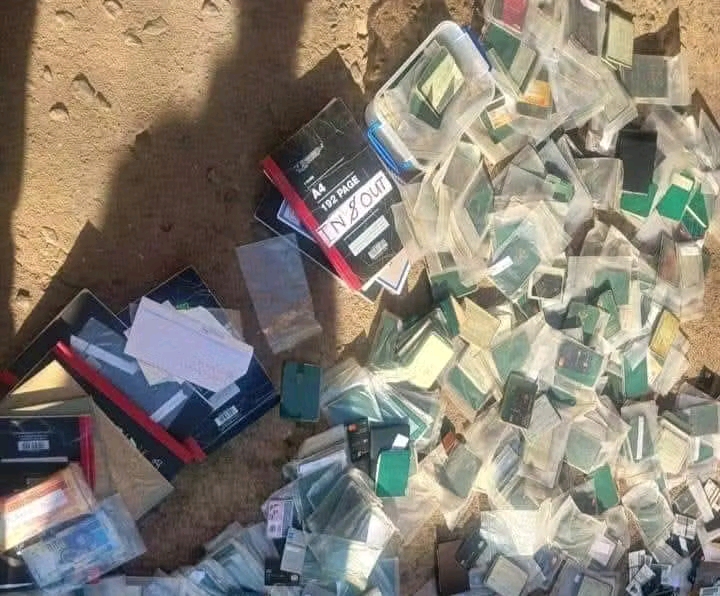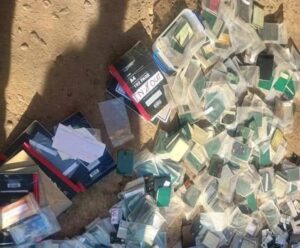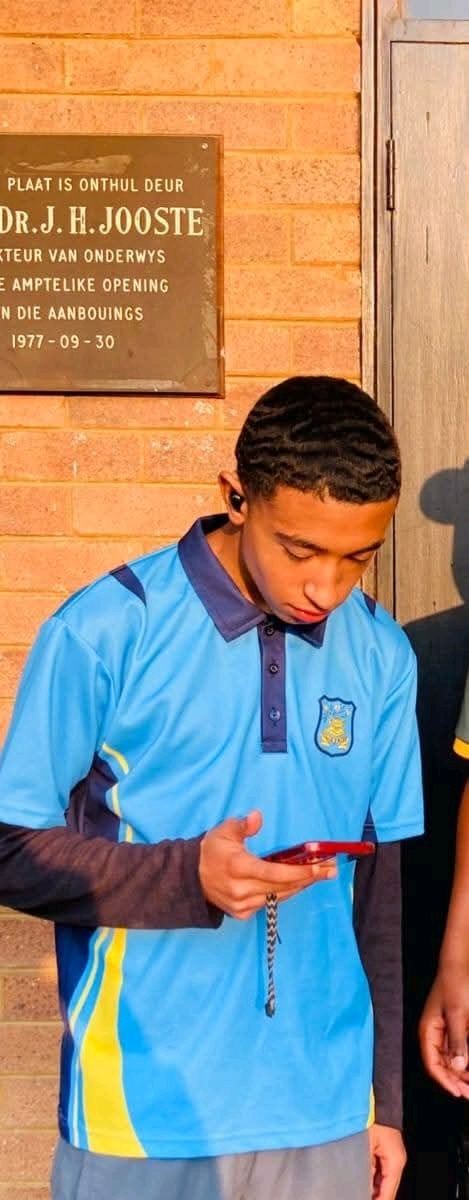
A suspected loan shark from Tembisa has been arrested after authorities discovered a staggering collection of personal documents, bank cards, and cash linked to an illegal money-lending operation. The arrest has sent shockwaves through the community, exposing the extent of exploitation many residents face at the hands of unregistered lenders, locally known as mashonisas.
Police confirmed that the suspect was found in possession of 200 identity documents, 500 identity cards, 400 bank cards, and a speed point machine used to process payments. In addition, nine exercise books filled with handwritten records of loans were seized, along with R51,000 in cash believed to be proceeds of the illegal enterprise.

According to investigators, the seized identity and bank cards belonged to individuals who had borrowed money under exploitative conditions. These documents were allegedly kept as collateral to ensure repayment, trapping borrowers in a cycle of fear and dependency. Many residents, facing financial hardship and limited access to formal banking services, turn to mashonisas as their only option for quick cash, often at the cost of their personal security and dignity.
“The discovery of this amount of personal information in one place is deeply concerning,” said a police spokesperson. “Not only were people being exploited through high-interest rates, but their sensitive documents were also at risk of misuse for fraud or identity theft.”
The suspect’s arrest is part of an ongoing crackdown on illegal moneylending across Gauteng. Authorities have warned that such operations do not only exploit vulnerable households but also undermine the formal financial system. The possession of so many IDs and bank cards suggests potential links to wider criminal networks, including fraud and money laundering.
Community members have reacted with mixed feelings. Some expressed relief that action is finally being taken against exploitative mashonisas, while others admitted that despite the risks, many people rely on them for survival. With unemployment and poverty levels high in Tembisa, residents say legal options such as banks and microfinance institutions remain out of reach for those with poor credit histories.
Social workers and community leaders have called for more accessible and affordable lending solutions to prevent desperate residents from falling prey to illegal moneylenders. “People borrow from mashonisas because they feel they have no choice. If government and banks could provide realistic alternatives, many families would be spared this kind of exploitation,” said one community activist.
The suspect is expected to appear in court soon to face charges related to contraventions of the National Credit Act and possession of suspected stolen property. Authorities have urged victims to come forward to reclaim their confiscated documents and bank cards, assuring them that investigations will continue to identify others who may have been part of the scheme.
This arrest shines a spotlight on the shadowy world of illegal lending in townships, revealing how desperation and lack of access to financial services leave vulnerable communities at the mercy of unscrupulous operators. For many in Tembisa, the case is both a warning and a call for stronger protections for the poor.




